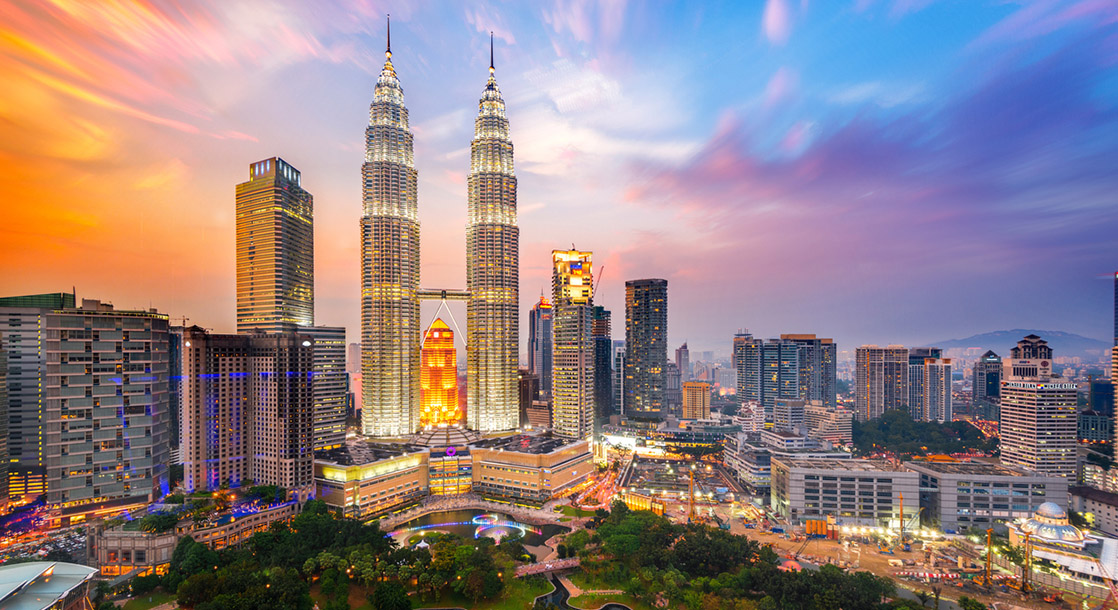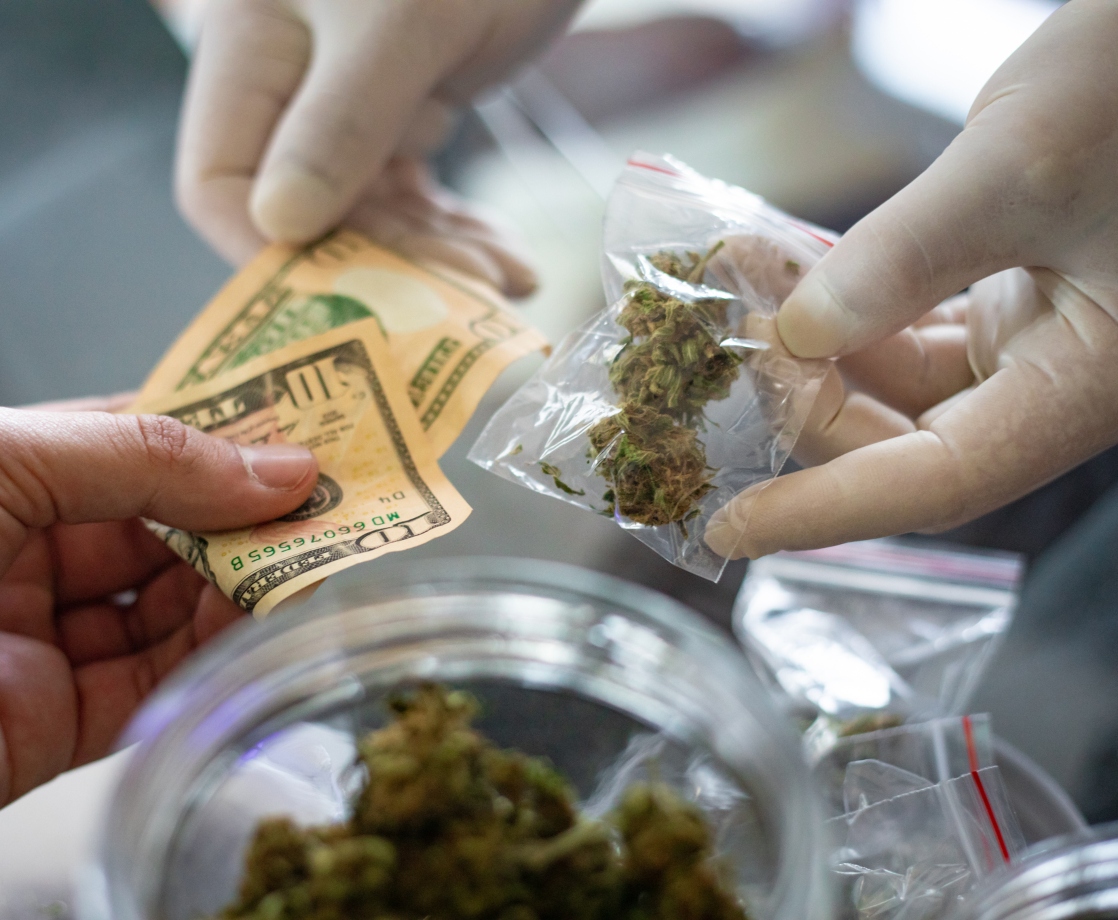Cover image via
Malaysia plans to allow patients to import and use medical marijuana, a major paradigm shift for a country that regularly sentences people to death for selling weed.
Health Minister Khairy Jamaluddin announced this week that Malaysia’s extreme drug laws do not actually prohibit the medicinal use of cannabis. According to the health minister, interested parties can register medical marijuana products with the government, as long as they provide scientific evidence of each product’s effectiveness. Once a cannabis product is registered, healthcare providers will be allowed to import it and prescribe it to patients, subject to the country’s laws and regulations.
“Importers must also have a license and import permit under the Control of Drugs and Cosmetics Regulation, the Poisons Act as well as the Dangerous Drugs Act,” Khairy said, according to Free Malaysia Today. “The sale or retail supply for medical treatment for selected patients must be carried out by a medical practitioner registered under the Medical Act 1971 or a registered pharmacist with a Type A license to certain individuals based on prescriptions issued by registered medical practitioners.”
Khairy delivered this good news in a written parliamentary reply to Syed Saddiq Syed Abdul Rahman, Minister of Parliament (MP) for the town of Muar in western Malaysia. Syed, who has been working with a bipartisan parliamentary caucus to research the medical use of cannabis and kratom, had asked the health ministry to clarify its position on medical marijuana. Thanks to the caucus’ devoted efforts, government officials announced last month that they were actually considering the possibility of legalizing cannabis for medical use.
In response to Khairy’s promising letter, Syed said that he was “really impressed” with the health ministry’s “data & science driven decision making process,” Channel News Asia reports.
Malaysia’s sudden willingness to accept the healing powers of cannabis comes as quite a shock given the extremity of its draconian drug laws. In 2019, Malaysian courts sentenced a man to death for possessing 10 ounces of weed and 50 ounces of THC extract, which he was distributing for medical use. At that time, nearly 900 Malaysians were on death row for drug offenses, many of whom had been busted for selling or trafficking relatively small amounts of weed.
These draconian drug policies are unfortunately quite common in many Southeast Asian countries, including Singapore, where a man was just sentenced to death by hanging over two pounds of pot. Thirty-two countries still impose the death penalty for drug offenses, and Indonesia, the Philippines, China, Iran, and Saudi Arabia have executed hundreds of people over drugs in the past several years.
But in 2019, Thailand bucked this trend by legalizing medical marijuana, and since then, the country has taken great steps to expand its medicinal pot industry. Thailand now allows farmers to grow their own weed at home and sell it to the government for medical use, and the country also just decriminalized the medicinal use of kratom this September.











